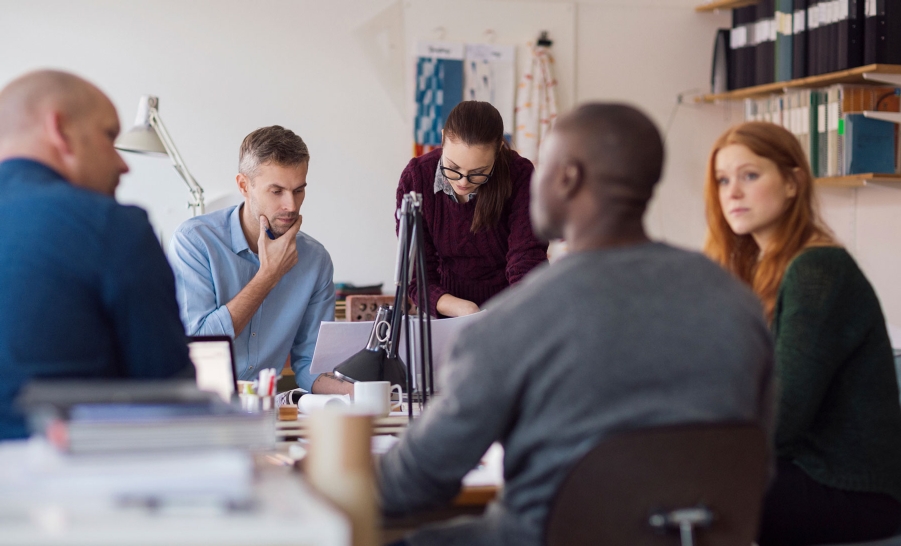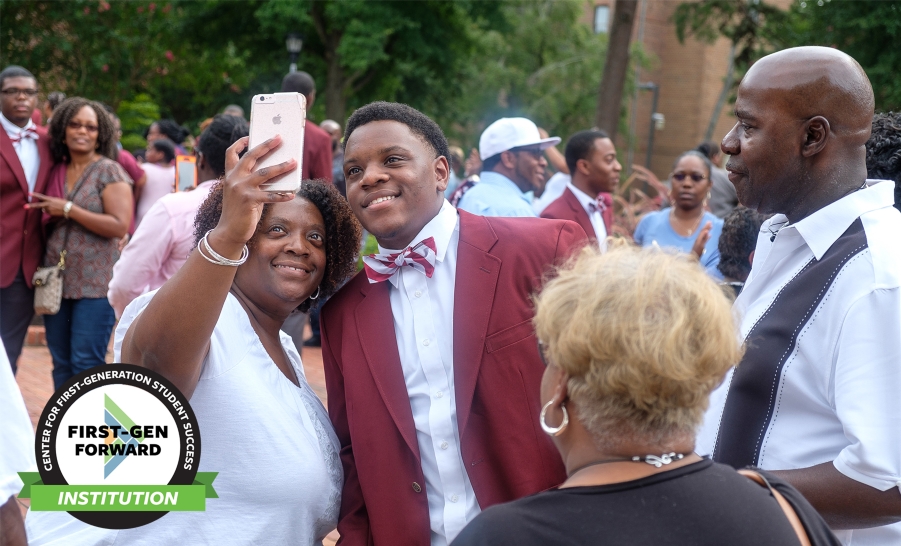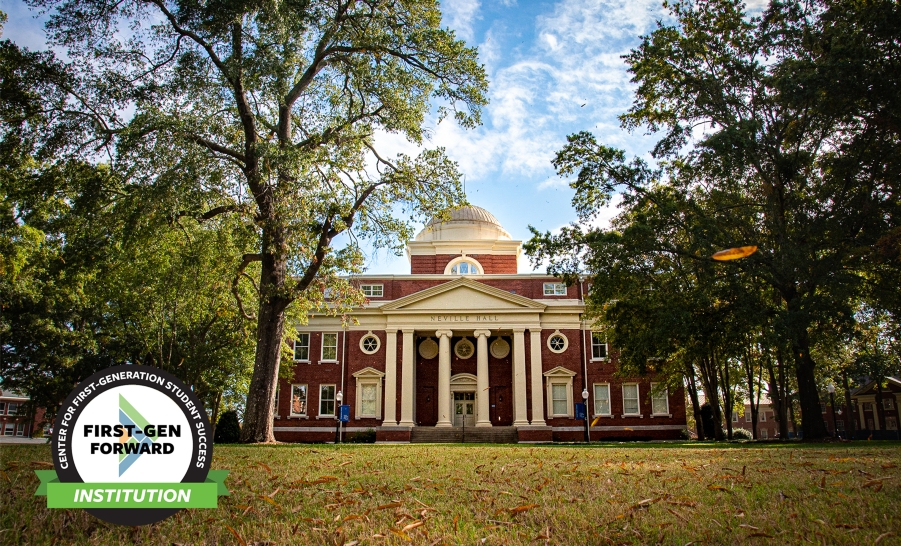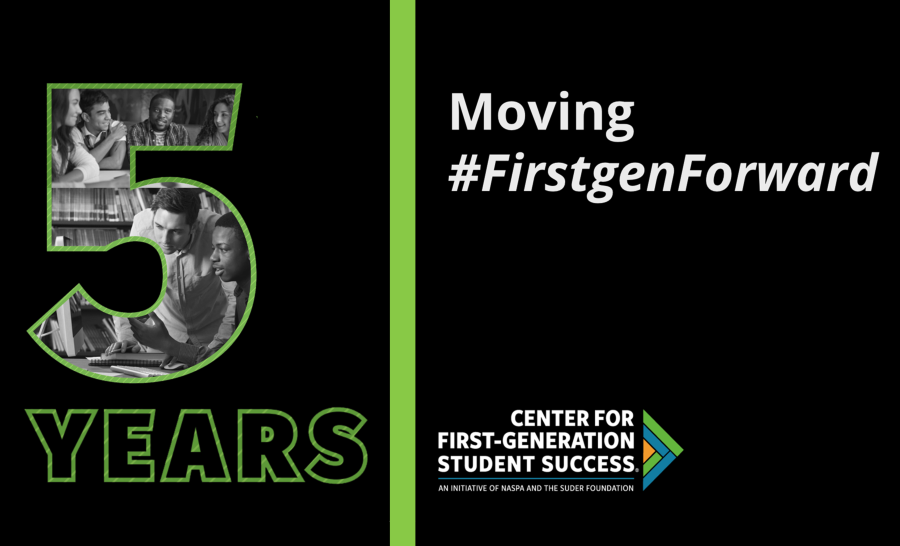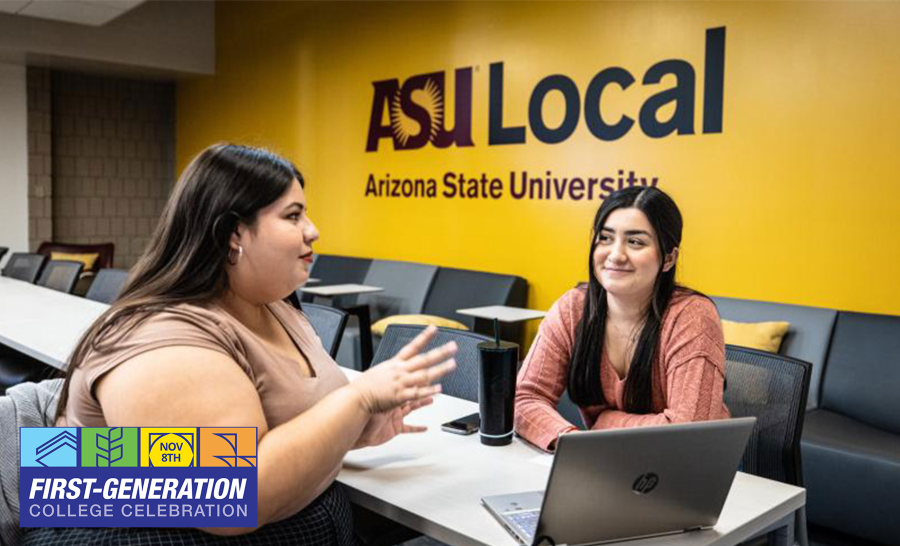Centering First-gen Support Utilizing Strategic Planning
Angelica Perez-Johnston, D.P.A. & Mikka Hunt, Allegheny College / FirstGen Forward / September 09, 2020
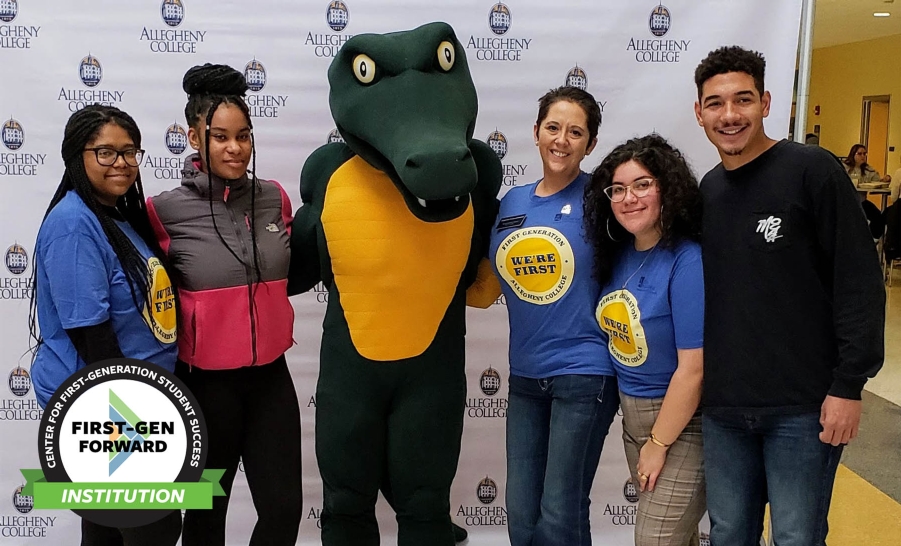
Who doesn’t love a good plan? There’s something to be said for checking boxes and the satisfaction of knowing what you accomplished your goals. How can a center ensure that its team is checking boxes? If its team isn’t checking boxes, how can it determine if the unfinished tasks were worth undertaking initially? Establishing a network of support for First-generation college students is challenging at best. When other things seem to take priority over any particular student population, that population tends to become the concern of multicultural or diversity centers. While not ideal, this situation represents an initial step toward serving this population on an institution-wide level.
At Allegheny College, we have come to recognize the intersectionality of our first-generation college students, and while we don’t have an entire center dedicated specifically to first-generation student success, we saw the need for support. This recognition inspired us to begin working with this population through the Inclusion, Diversity, Equity, Access & Social Justice (IDEAS) Center. While best practice suggests that first-generation centers “stand alone,” beginning this work in the IDEAS Center is an important first step. While over 20% of our faculty and staff identify as first-generation college students and are excited at the prospect of engaging with current first-generation students, engagement, involvement, and support beyond conversation often becomes secondary (or tertiary) to the other responsibilities of folks working at small private liberal arts institutions.
How, then, do we move from recognition and words to actions and assessment? Strategic planning, of course! Strategic planning is an artform and the number of planning models alone can overwhelm a person or small department taking on the support of first-generation college students. While we won’t detail our planning process here, we would like to highlight the fact that the process itself can allow your team to reflect on your priorities and determine the best way for yielding actionable insights.
Throughout our strategic planning process, we continued to ask ourselves, “How might this impact first-generation students?” Understanding how our planning and goals might impact first-generation students emphasized the extent to which all students benefit from the additional resources, time, and energy invested into implementing best practices on our campus.
Important Considerations
Alignment
Not only should your program/division’s mission and vision align with your values and core beliefs, but they should also be consistent with the institution’s mission and vision. Ensure that your goals elevate the work that the institution is committed to and does not go against the institution’s values and beliefs.
Feedback
Identify your key stakeholders: those folks that will have the most direct impact on the success and implementation of your plan. Share your plan and ask for critical feedback to ensure that you are clearly communicating your goals. This is one way of ensuring that you have the buy-in necessary to successfully execute your plan.
Assessment
Ensure that you establish measurable goals, and determine your assessment and measurement strategy. Establish a timeline for review of your goals and ensure that you are using your measurements to assess all items. Assessment affords opportunities to determine plan progress and identify necessary modifications.
Review and Revision
Based on your assessments, review your progress. Make revisions as needed. Your strategic plan should be a guiding document that allows for updates. Shifts in student demographics, student needs, and other factors help in determining whether you should make changes.
Flexibility
Throughout the process, you will receive invaluable recommendations and revisions from stakeholders. Listen to and incorporate these suggestions into your plan. If a goal proves impossible at the time of execution and/or you need to alter a goal, ensure that you are able and willing to do so.
We are proud that incorporating these key considerations into our strategic planning process has given the IDEAS Center goals that both align with the mission of the IDEAS Center and reflect Allegheny College’s pride and support for first-generation students. In the current landscape, some may warn that we cannot accomplish everything, but for Allegheny College’s IDEAS Center, supporting first-generation college students has never been more critical. Although our plan is new, we have thankfully incorporated feedback, assessment, flexibility in our strategic plan to better address the needs of first-generation college students. Ultimately, we are confident that our strategic plan will provide the support students need to succeed in this uncertain time.
For more information on Allegheny College's approach, please visit their website here.
